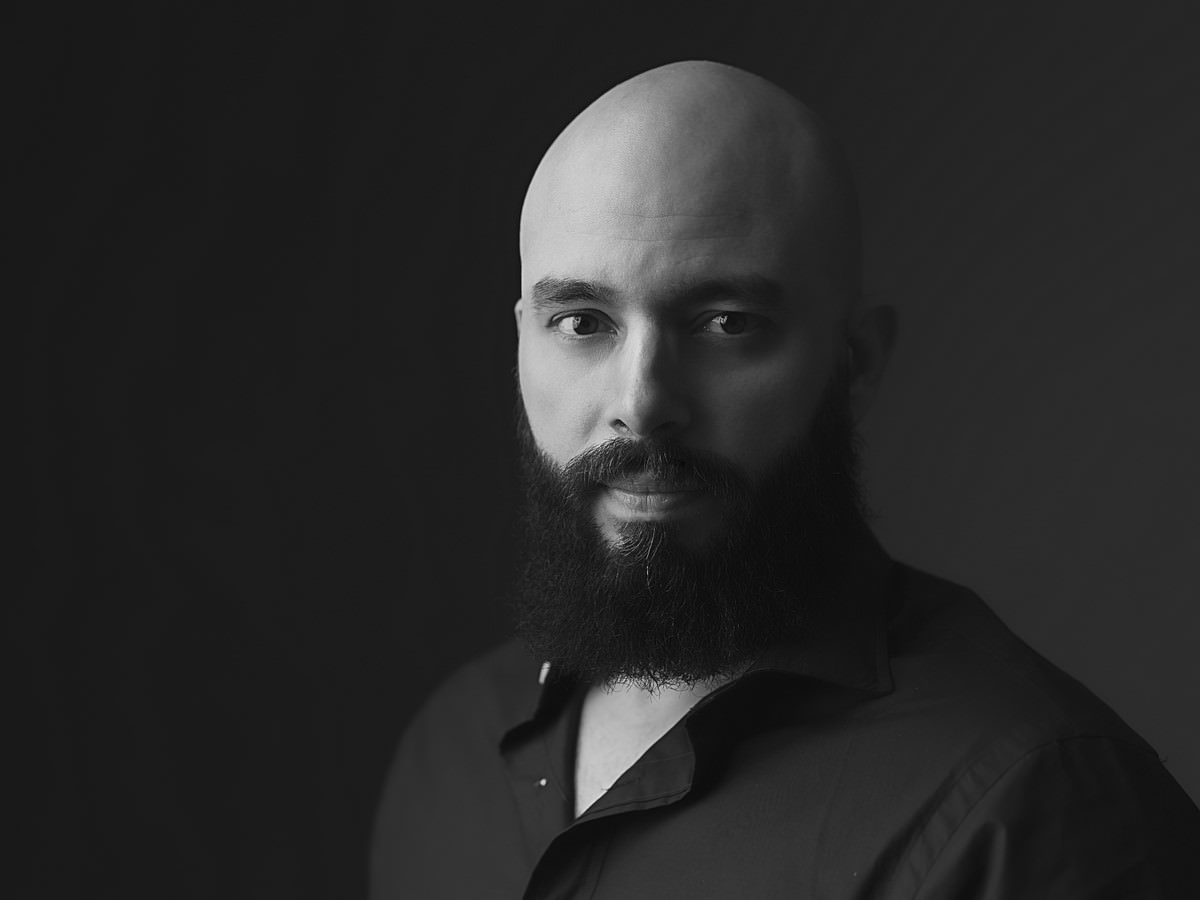It is very common to see that before a fatal tragedy that the trend is to arouse popular interest in that particular event or personality involved. Whether on a highway when an accident happens or if the death of a celebrity who is published in all media outlets, the public interest is immediate.
The philosopher and writer Fabiano de Abreu It points out that there is an innate reason for this to happen, and does not necessarily mean that people are bad: “We are selfish by nature. But that does not mean we want the next evil, but we always want the best for ourselves. It's like a phew, It was with him and not me. The conscience that famous people are also subject to death and awareness of their own mortality ".
For the Philosopher, when famous die and happens the curious phenomenon of the increasing number of followers of the same in social networks, this has to do with several factors: “Tragedies attract audience and this explains the increase in followers in the famous social networks that are gone. People unconsciously like to spread news of tragedies and whenever this occurs becomes subject in chat wheels on bars and tables of friends. In addition, some fans may want to follow the profile of the artist or dead celebrity to not lose connection with that figure and express their admiration for that person ".
Fabiano also argues that this behavior has to do with basic needs of the human psyche: "All this has to do with behavior inherent to the human being, of things we want. You have the, the opinion, the state in which it is in many ways and the final denominator of all searches and yearnings, happiness”.
Taking as starting point behavior observed in everyday, Abreu Fabiano always makes philosophical phrases to social networks, where bonds are posts that later bring with them a context. About the subject, he created the philosophical phrase for reflection: "It's not that people celebrate other people's tragedy. they celebrate, indeed, the fact of not being part of the tragedy.”


